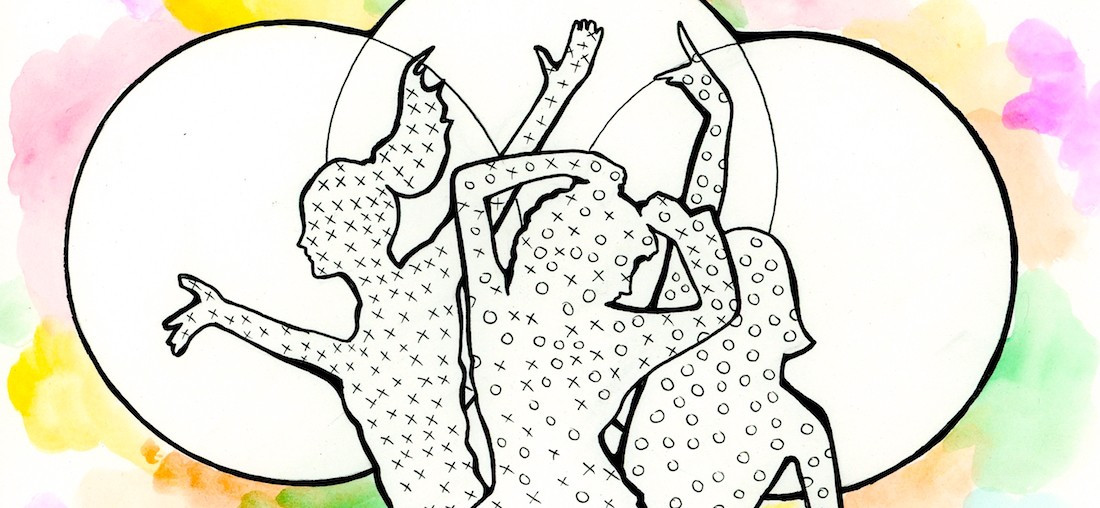The politics of door staff and DJs
Who gets to make queer party spaces?
Who gets invited to the party and who doesn’t isn’t just a middle-school game. It’s a dilemma facing today’s queer community.
Uzoma Asagwara is the founder of QPOC, which organizes Ladies Night, a monthly dance party at Club 200 for Two-Spirit, queer, trans, Black, Indigenous, People of Colour, women and non-binary folks and allies. Asagwara says Ladies Night was inspired after local gay bar Gio’s closed in 2013.
“There was no space dedicated to QTBIPOC / LGBTQ women and non-binary folks,” she says. QPOC’s Ladies Night “was inspired by a night that Gio’s used to have ... It was a night dedicated to a demographic of people that we never really saw replicated once Gio’s was closed.”
Asagwara says queer party spaces can’t exist without the people for whom they are being made intimately involved in the organizing process.
“When you have folks who are the identified demographic that the space is being created for, that often means that the needs of the folks who the space is being created for are being considered,” she says.
“When you have straight people, heteronormative people who own queer spaces, you have to wonder about how much thought and consideration and effort is being put into recognizing just how unique the population you’re trying to serve can be. There are intricacies and important things to consider that if you’re not a part of that community, if you’re not someone who’s had those experiences, you may not be aware of or you may unknowingly neglect.”
These issues are hardly unique to Winnipeg. Sica Saccone founded Lavender, “a Toronto dance party for queer women and non-binary folks,” last year.
“Lavender started because I was frustrated,” she says.
“I moved to Toronto specifically because I had only lived in towns where there were little or no resources for (women and non-binary people), only to turn out that Church Street, our own village, didn’t have anything for me either. This is supposed to be a village for everyone in our community, but only a very small fraction of us have a space to go to that’s for us.”
Siccone says that creating a genuinely welcoming, safer queer party space requires intersectional politics – an understanding that identity is never singular and neither are the unique needs and experiences that people bring with them.
“Intersectional politics matter for everyone’s accessibility,” she says.
“If we aren’t striving to make a party accessible and safe to everyone we can in our community, who are we doing it for? Everyone involved in Lavender is committed to intersectional politics in their everyday lives from the door person to the DJ to the bar staff.”
Like Lavender, Ladies Night deeply considers who is helping make their party – and recognizes that the knowledge and experience required to make these spaces needs to be compensated.
“Our DJs, I would say, 90 per cent of the time are queer women or non-binary folks, predominantly Folks of Colour,” Asagwara says.
“We take every opportunity that we possibly can to make sure that folks are compensated, whether that’s door staff (or) DJs.”
Who gets invited to the party begins with who gets to do the inviting.
Ladies Night would like to invite you to their ’90s throwback dance party on April 6 at Club 200. Entry is $5 before 11 p.m., and the event is 18+.
Published in Volume 73, Number 23 of The Uniter (March 28, 2019)







